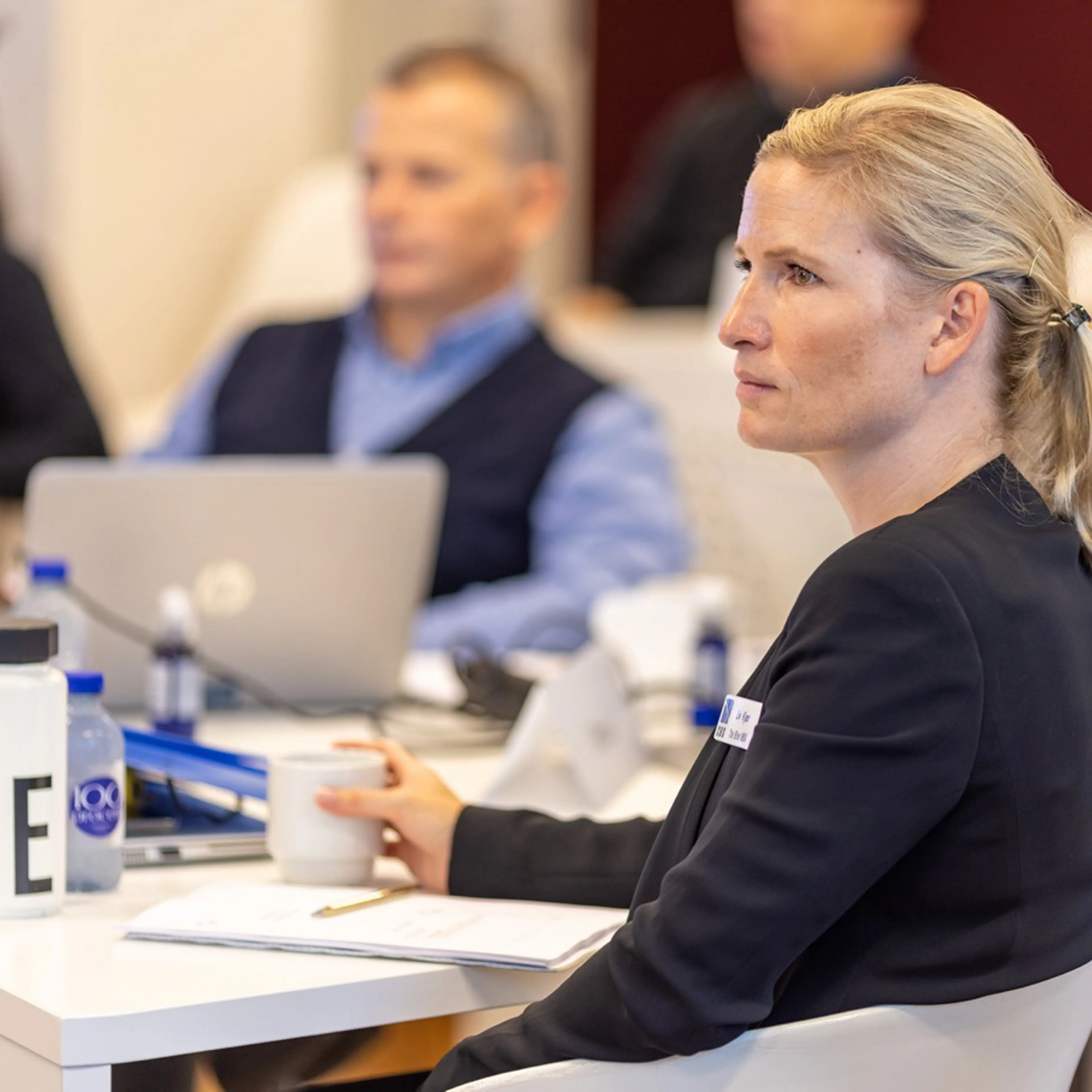Alain has a background in mechanical engineering with a focus on the dry bulk sector. That lead him to various positions at Amarante Shipping, Bharat Petroleum, and Contract Resources Petrochem, India. Now he is employed by Campbell Global Ltd as finance director. Headquartered in Nassau the Campbell Group has offices worldwide. It was founded by a Scottish naval architect, who developed dry cargo vessels. Today the group possesses a fleet of 16 bulkers and is an important dry bulk operator, that transports commodities around the globe. In the future it plans to expand into the cruise and yacht industry.
In his role as Finance Director, Alain is responsible to hedge the group’s portfolio by raising debt and refinancing fleet investment strategies. He manages existing relationships and oversees business development acquisitions, as well as post-deal integration of special projects.
Currently, Alain sees that the mindset of financiers and funding houses has changed due to the disruption in the dry bulk sector. Banks are more supportive and more financiers approach Campbell Global Ldt, but does that mean that charter rates and second-hand prices are cooling down?
“I, of course, don’t possess a crystal ball to put a pin on where the numbers will exactly pan out, but I do see a correction from our current numbers. Going by the current and forecast data available, including the low order books in the dry bulk shipping sector, which is mainly on account of uncertainty over which fuel will dominate after the IMO 2030 regulations will be enforced, this means that owners are particularly sceptical of spending the additional cost of building ships that are dual-fuel compatible.
In general, he expects a correction of the hire rates, that are inflated due to the pandemic, to decrease once operations stabilize again, not to a pre-pandemic level, but to a healthier level than what is current. For the Handy and supra segment, he foresees numbers around the 15-20k level for a minimum of three years.
“This will also have an impact on the second-hand market and the impact will be felt particularly by companies purchasing and taking delivery of vessels during that correction. The current sale-and-purchase transactions have been executed with high valuations because of the ability to place a hedge with the one-year charter hires to reduce the loan-to-value ratio significantly and have the vessel value in the region of its pre-pandemic levels if that hedge is placed. With regards to financed sale and purchase tonnages, I anticipate when and if the market does correct, financiers will push their lenders to meet the agreed minimum LTV requirements forcing the lenders to put up substantial capital to meet this requirement; however, most financiers have also made provisions for a revision in their current calculations while providing loans.”


